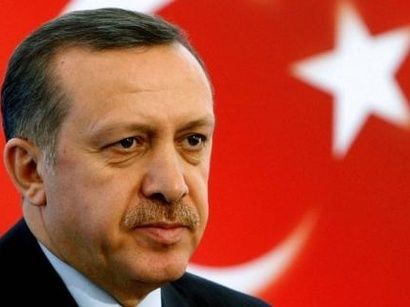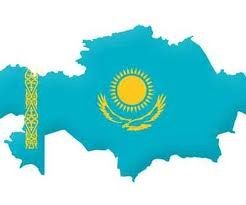Viewing results 1 - 6 of 34
The Kazakh Constitutional Court has presented the first edition of the country's Constitution printed in Braille, making it accessible to the visually-impaired. The initiative to translate copy of Kazakhstan's Basic Law into Braille (relief-dot tactile font) was realized with support from the OSCE Program Office in Astana and the Ministry of Culture and Information. Welcoming the move, Chair of the Constitutional Court of Kazakhstan Elvira Azimova stated: “The Constitutional Court will continue to promote equality, dignity, and justice for everyone according to the Constitution of Kazakhstan and the Universal Declaration of Human Rights. The publication of the Braille text of the Constitution is our joint contribution to promoting this policy." Volker Frobart, Head of the OSCE Programme Office in Astana, emphasized the Kazakh authorities' commitment to valuing human rights and demonstrating an inclusive approach to ensure equal access to information. Publications in Braille will be distributed to 56 institutions, including national and regional libraries, training centers, and specialized schools. According to the World Health Organization, Kazakhstan is currently home to 160 thousand visually- impaired citizens.
LONDON (TCA) — It all looks like a shameful charade. But on a slightly longer term, Turkey’s referendum can be considered a step backward rather than forward and is certain to create more problems than it could possibly solve. It goes in the opposite direction of a trend emerging throughout Central Asia away from personality rule and towards a more collective form of government. While expected to have little immediate geopolitical spillover, the message sent by Turkey’s narrow majority in the direction of Central Asia is most of all psychological – and it is the wrong message. Continue reading
ASTANA (TCA) — Kazakhstan President Nursultan Nazarbayev on March 10 signed into law constitutional amendments transferring some powers from the country’s president to parliament and government ministers, the Kazakh presidential press service said. Continue reading
ASTANA (TCA) — On March 6, Kazakhstan’s Parliament approved the law "On Amendments and Additions to the Constitution of the Republic of Kazakhstan" and submitted the bill to the Head of State for signature, the Kazakh presidential press service said. Continue reading
ASTANA (TCA) — Speaking to a working group for the constitutional reform on March 1, Kazakhstan President Nursultan Nazarbayev said that he made a decision to amend the Constitution by the discussion in the Parliament, without submitting it to a referendum, the presidential press service said. Continue reading
ASTANA (TCA) — As Kazakhstan’s longtime President Nursultan Nazarbayev has announced a constitutional reform aimed at redistribution of state power in the country, we are republishing this article originally published by EurasiaNet.org: Continue reading




